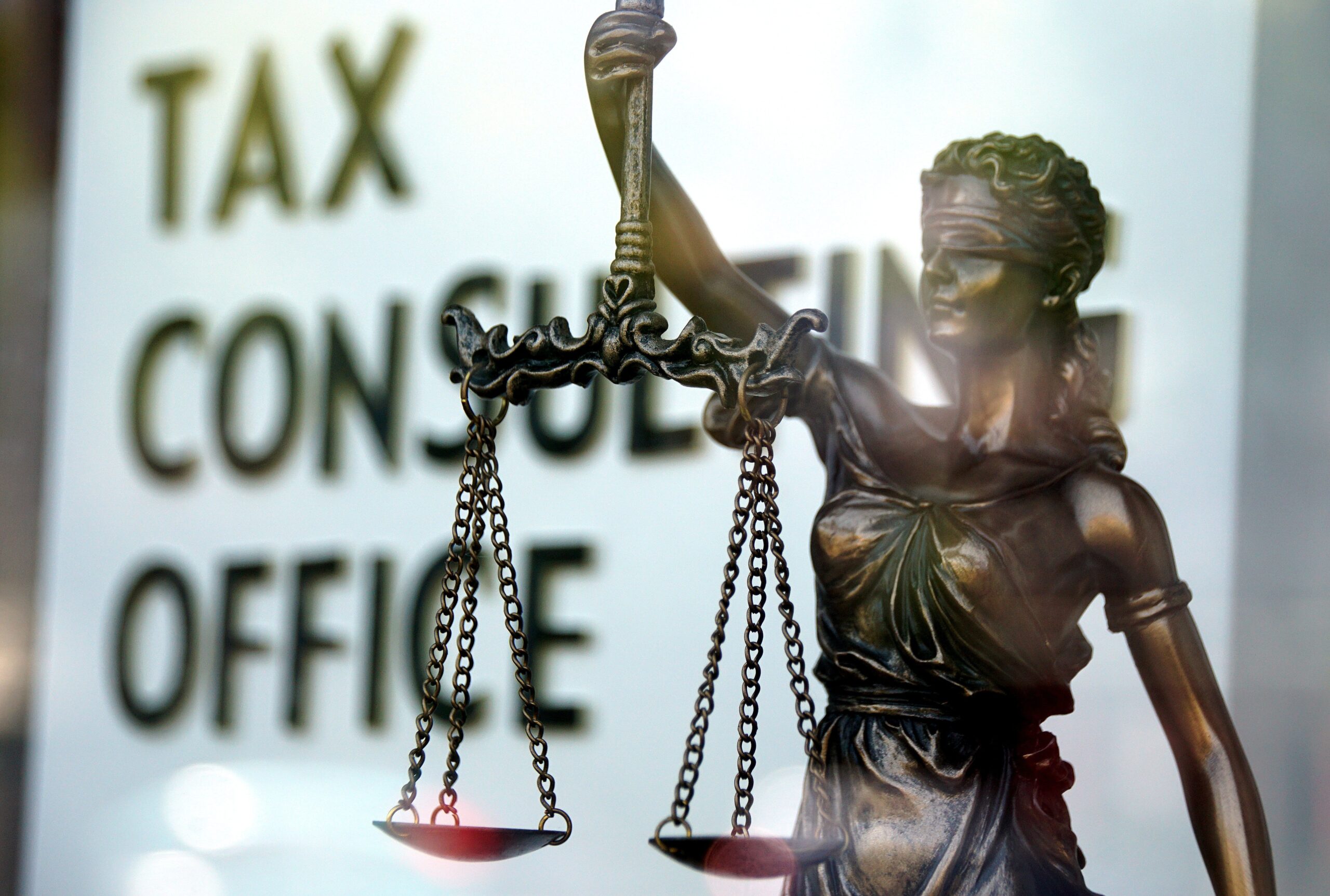Last year, Democratic lawmakers took a significant step towards balancing Washington’s upside-down tax code by taxing the sale and exchange of capital assets.
In passing ESSB 5096, the Washington State Legislature articulated the bill’s dual purposes: First, it stated that the capital gains tax is intended to “fund K‑12 education, early learning, and child care, and advanc[ing] our paramount duty to amply provide an education to every child in the state” and second, to make “material progress toward rebalancing the state’s tax code.”

These ambitions will come to naught if the pending right wing challenges to the law in Douglas County Superior Court are successful.
Additionally, the plaintiffs’ view of the law, if accepted, would have substantial impact on Washington beyond the case itself, damaging the state’s ability to effectively respond to future public needs.
This is because, if the plaintiffs are to be believed, the state must yield to how other governments think about their policies.
The plaintiffs do not contest the new capital gains tax on only these grounds.
The plaintiffs have also alleged that the tax violates the U.S. Constitution, which is likely an attempt, if they fail in state courts, to exploit the willingness of the current conservative majority on the U.S Supreme Court to comfort the comfortable. Perhaps doing double duty, these arguments further seem to collaterally attack aspects of the state’s long-settled estate tax.
At the center of the plaintiffs’ claims is the assertion that, because states that tax income count capital gains as income, and so does the federal government, Washington must consider the capital gains tax to be an income tax, too.
Because, under current Washington law, income is property, the plaintiffs then posit that a capital gains tax is a property tax that violates the state Constitution. To bolster this claim, the plaintiffs go so far as to object to the state’s reliance on taxpayers’ federal tax filings and supporting documentation to assess the tax, and its allowance for some, but not all, of the capital losses for which the federal government permits deductions.

As a general matter, the state would be in trouble if it was required to accept the premises associated with all of the sources it relies on for information. Additionally, if the state required a redundant form, opponents of the tax would surely denounce the extra expenses they would incur with compiling the information for which it called.
Further, the plaintiffs are unable to explain why a capital loss deduction (which only lessens their tax bill) cannot in any instance be consistent with an excise tax. But, it appears one state’s administrative efficiency is another person’s unconstitutional assessment.
While state courts can take ideas from other states, accepting the plaintiffs’ proposition would impermissibly bind Washington to acquiesce to the laws of legislatures that are not our own, thus preventing the state from governing itself in light of its unique challenges, and — to paraphrase a former Supreme Court justice — from serving as a laboratory of democracy.
Even if we were to accept the plaintiffs’ argument, the Attorney General’s Office has a salient rejoinder: unlike Washington, the federal government and most states consider an income tax to be an excise tax, not a property tax. Thus, taken to its ultimate conclusion, the principle advanced by the plaintiffs means a capital gains tax still isn’t a property tax.
And an income tax, if we had one, wouldn’t be either.
This complication aside, however, the sole issue should be if the tax is an excise tax under Washington law. On this point, the plaintiffs are wrong.
In conflating the capital gains tax with an income tax, the plaintiffs rely in places on misinterpretation, and in others on conjecture.
The plaintiffs cite precedent, for example, that “the mere right to own and hold property cannot be made the subject of an excise tax, because to tax by reason of ownership of property is to tax the property itself.” However, the capital gains tax, in a principle the state grounds in an abundance of cases, does not tax the ownership of property, but rather its disposition.
The few people potentially liable for paying the tax can keep their holdings free of it, and all they or their asset managers need to do is nothing (or, more specifically, less than $250,000 a year of something). However, once they decide to sell or exchange assets which together equate to $250,000 or more in profit — the value of the asset, and the market in which it transacted both fostered by the protections of the state — it is this transaction from which the state collects a share to be able to continue providing for the common good.
To see this logic in action, consider Washington’s existing estate tax, which is “a tax on the right to transfer property at the time of death.”
The line of precedent cited by the plaintiffs includes a number of cases reaffirming the estate tax (or its relative, the inheritance tax) for the reason that it is an “impost or excise on the right to pass the estate and the privilege of the devisee to take.” And, as the Attorney General pointed out, the Washington Supreme Court reaffirmed in the last decade that the estate tax, as an excise tax, is a tax on “the happening of an event, namely, death, where the death brings about certain described changes in legal relationships affecting property.”
An authority that can understand a tax on something so profound to be a tax on the transfer of property, but not the property itself, can understand this new state capital gains tax on the wealthy, which taxes the right to dispose of assets that have benefited from an increase in value, to be of a similar nature.
(As an aside, the plaintiffs also claim that, because individuals cannot always control when an asset is sold, the capital gains tax cannot be an excise tax. But, someone, somewhere, is making the choice to sell or exchange the asset, and, as the estate tax shows, a voluntary choice isn’t strictly necessary.)
Nowadays, innovation is often just another word for deregulation. But, in recognizing the legislature’s policymaking prerogative, the courts should allow the people’s elected representatives to experiment with improvements to the tax code.
As with any tax, there may be instances in the future where this one is invalidly or improperly assessed, but that does not spell doom for the tax as a whole; in those instances, the validity of the specific assessment will be determined by established administrative and judicial processes.
Man in a state of nature gained his sustenance by his strength or cunning, or both, and that which he so gained might, and no doubt often was, taken from him before he could use and enjoy it by someone stronger and more cunning. Hence, the established state enacted laws for the protection of human rights, the rights of property, and to prevent the weak or the credulous from becoming the helpless victims of the force or fraud of the strong and the cunning.
In a history littered with challenges to what is properly considered an excise tax, the current lawsuits are only the latest attempt to deny this relationship, and to prevent the state from adopting a more equitable tax code. The courts should decline to let them.
Editor’s Note: NPI alum Patrick Stickney is an attorney and the author of Missives, a newsletter focused on Washington outside of the Seattle area. All views are his own, and do not necessarily reflect the views of anyone else.
Scheduling note: Oral argument in the legal challenge to Washington’s new state capital gains tax on the wealthy has been scheduled for February 4th, 2022, in Douglas County Superior Court. If you’d like to read the briefs that have been filed in the case, NPI has begun posting them on this microsite.

